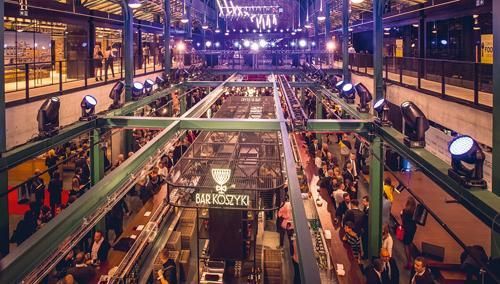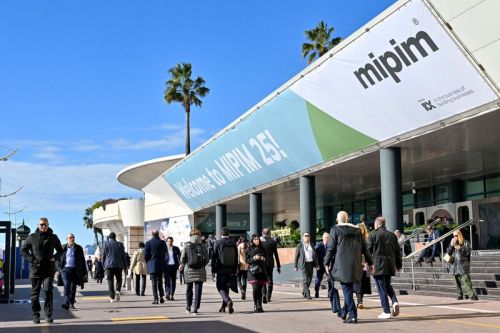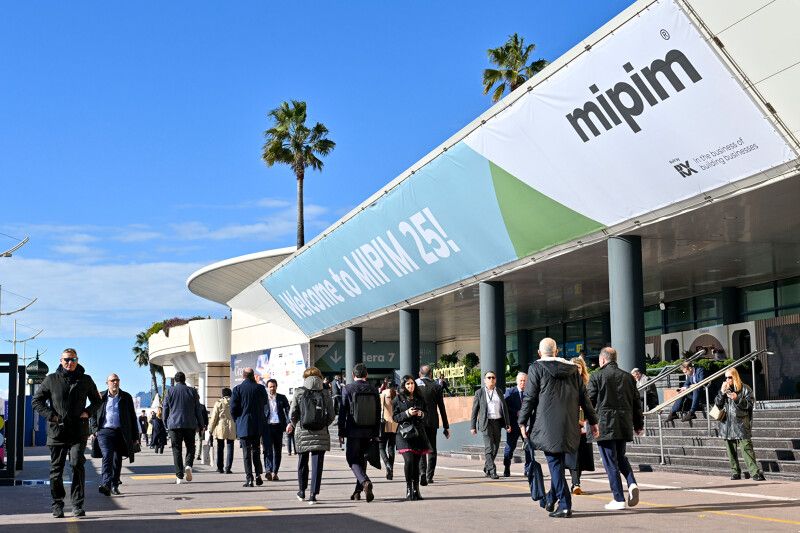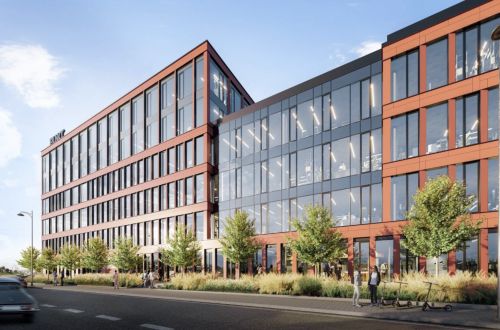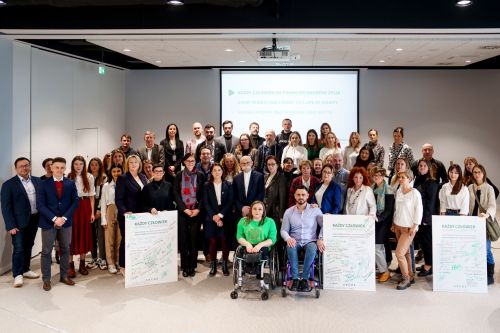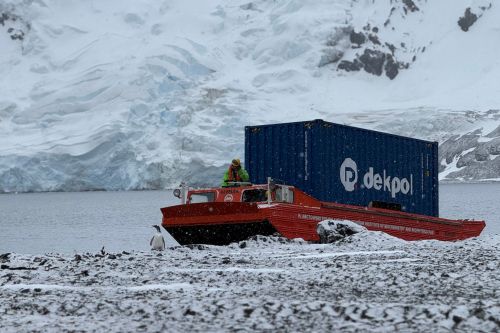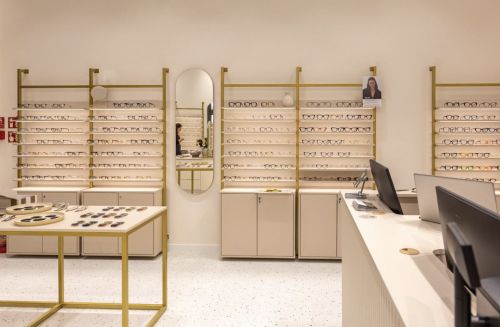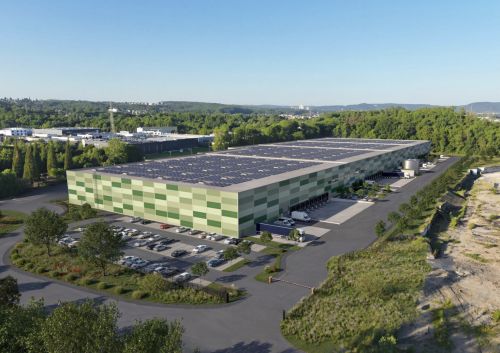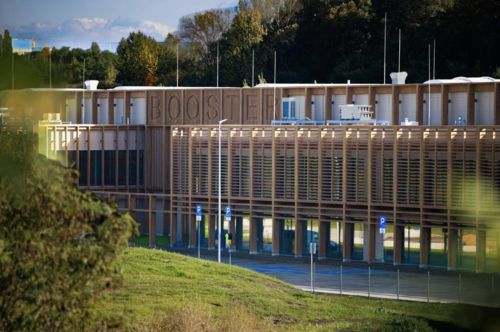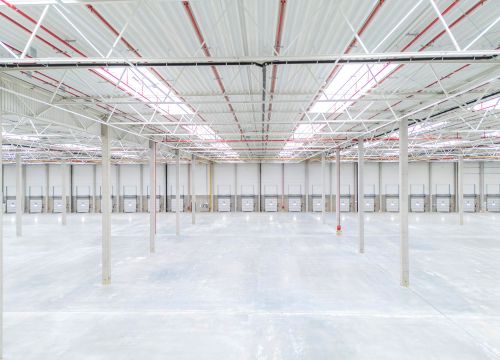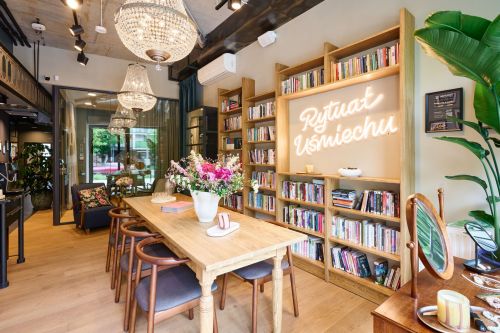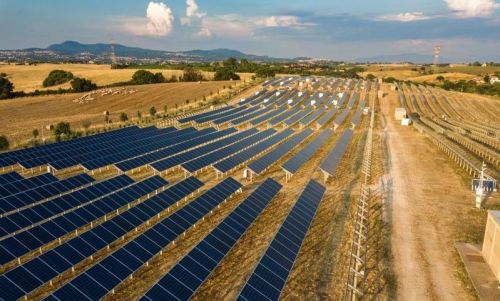It is the evening of October 19th. The weather is typical for the autumn – cold and drizzly. A few cars are waiting at a taxi rank near the Rataje roundabout in Poznań, but all have been abandoned. In the meantime the queue is getting longer by the minute. Where are the taxi drivers? A dozen or so minutes of waiting later and the puzzle is solved. The first driver returns carrying a few boxes containing electronic equipment under his arm. He had abandoned both his car and customers to do his first shopping in Posnania! It is not clear how long he had been waiting and saving up his money for this day, but we do know that the directors of Apsys Polska had been waiting for this day since they bought the plot for the project twenty years ago. Now ten years after the opening of Manufaktura in Łódź, they have now opened Posnania’s doors to its first shoppers. Apsys’ latest mall has an area of 100,000 sqm and has been built in an investment of PLN 1.2 bln (EUR 300 mln).
